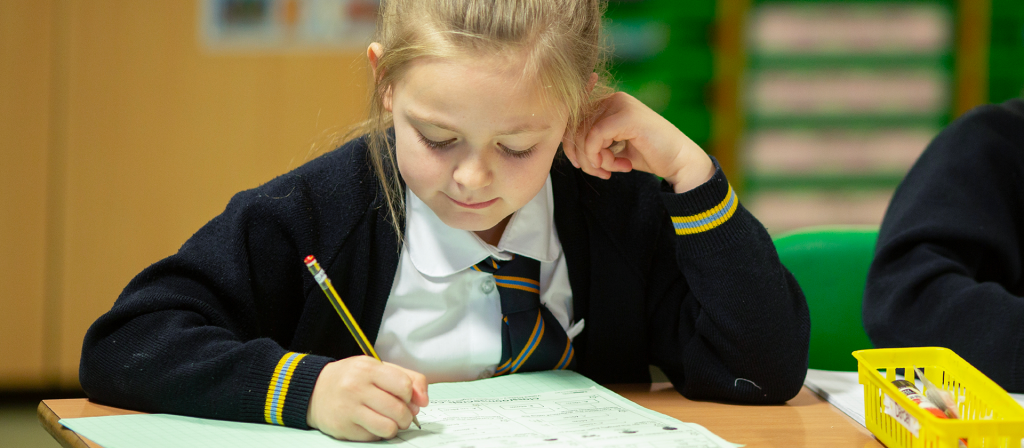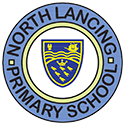
Religious Education Curriculum Statement
‘Religious education provokes challenging questions about the ultimate and purpose of life, beliefs about God, the self and the nature of reality, issues of right and wrong and what it means to be human.’ West Sussex Agreed Syllabus (2020) issues of right and wrong and what it means to be human.’
Intent
Through learning about the beliefs, practices, rituals and worship of the five major religions, two in greater depth, children will explore ideas and concepts of peace, forgiveness, respect, generosity and wisdom to become citizens of the world who understand and celebrate the different ways people live and the beliefs and practises they observe. At the end of our school children will be able to describe some of the beliefs, practises and rituals associated with a religion, as well as being able to identify and talk about the similarities and differences between religions and people groups.
Our RE curriculum is designed to engage and enthuse learners. We believe it is an essential area of study which ensures children are well prepared for life in a world where there are a multitude of viewpoints. We believe it is crucially important for children to have the opportunity to explore our common and collective humanity, as well as share their own personal view of the world with increasing confidence, in a safe and nurturing environment where difficult questions and vulnerability are celebrated. As children progress through the school the core threads of personal reflection and creative expression continue to build to ensure the curriculum remains both personally and collectively meaningful for our pupils at North Lancing.
Implementation
Religious Education is a statutory subject of the school curriculum for maintained schools and therefore religious education is provided for all registered pupils. Parents have the right to request to withdraw their child from religious education lessons. Religious Education is generally taught on a weekly basis, but is sometimes delivered through a class topic or as a year group RE day or afternoon.
The syllabus ‘reflects the fact that the religious traditions in Great Britain are in the main Christian, while taking account of the teaching and practices of the other principal religions represented in Great Britain.’ Here, at North Lancing, we ensure we comply with the legal requirements by following the West Sussex Agreed Syllabus for Religious Education (2020).
The curriculum encourages the development of children’s knowledge and understanding of each religion studied through describing and explaining beliefs and practices, responding to sources of wisdom and investigating religious practices, ways of life and ways of expressing meaning.
Children are given opportunities to interpret key concepts and ideas and apply them to questions of belonging, meaning and truth. Our curriculum focuses on developing children’s expression of their own opinions, as well as opportunities to clearly articulate their learning and justify their own ideas about how beliefs, practices and forms of expression influence individuals and communities.
Attitudes which are fundamental to RE are: curiosity and wonder, creativity, respect, self-understanding, open-mindedness, critical mindedness and enquiry. Visits to places of worship and visitors representing different religions provide a variety of first-hand experiences for our children to spark their interest and relate new learning to their own experience.
Christianity is generally taught in the half term prior to the Christian festivals of Christmas and Easter. Islam is our second focus religion and is taught in most year groups. Learning about these two religions in greater depth aims to lead to a deeper and wider knowledge and understanding for a more informed perspective of people’s beliefs, practices and rituals. The remaining major religions are studied once in each key stage giving pupils broader knowledge and skills to flourish both within their own community and as members of a diverse and global society.
Impact
Learning is demonstrated by sharing, showcasing, publishing and celebrating children’s efforts, achievements and final products with their peers, teachers and the wider school. Children’s learning is shown through the planned outcomes for all children and the coverage in the process of achieving these outcomes. The RE curriculum is high quality, well thought out and is planned to demonstrate progression and relate to local context.
By the end of their time at North Lancing Primary School, pupils will be able to:
Knowledge and understanding
- Describe and make connections between different religions studied and their stories
- Explore and describe the meaning of a range of beliefs, symbols and practices
- Talk about celebrations, worship, pilgrimages and rituals which mark important points in life
- Respond thoughtfully to beliefs and sources of wisdom, reflect on their own ideas and make a personal response
Application and Interpretation
- Discuss and present their own ideas on challenging questions about belonging, meaning and truth
- Discuss and apply their own and other’s ideas and consider ways in which diverse communities can live together for the well-being of all
- Express their ideas clearly
Analysis and Evaluation
- Observe and understand varied examples of religion and worldviews
- Understand the challenges of commitment to a community of faith or belief
- Explain, with reasons, the practices of the religion and worldviews studied
- Suggest why belonging to a community may be valuable
RE is a statutory subject of the school curriculum of maintained schools and therefore religious education shall be provided for all registered pupils. Parents have the right to withdraw their child from religious education lessons.
Religious education actively promotes the values of truth, justice, respect for all and care of the environment. It places specific emphasis on:
- pupils valuing themselves and others,
- the role of family and the community in religious belief and activity,
- the celebration of diversity in society through understanding similarities and differences,
- sustainable development of the earth and care for creation
